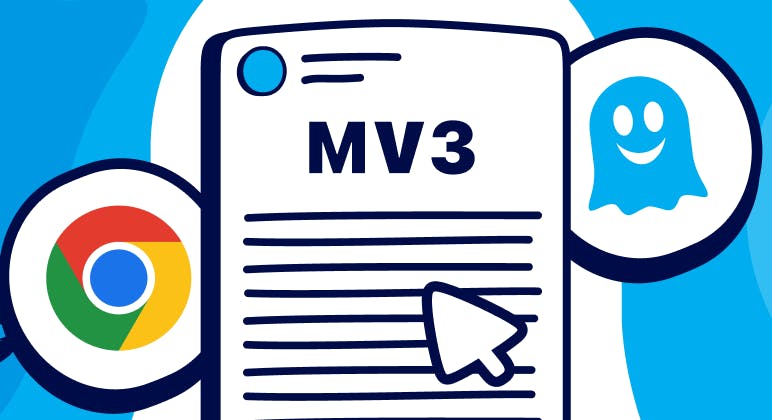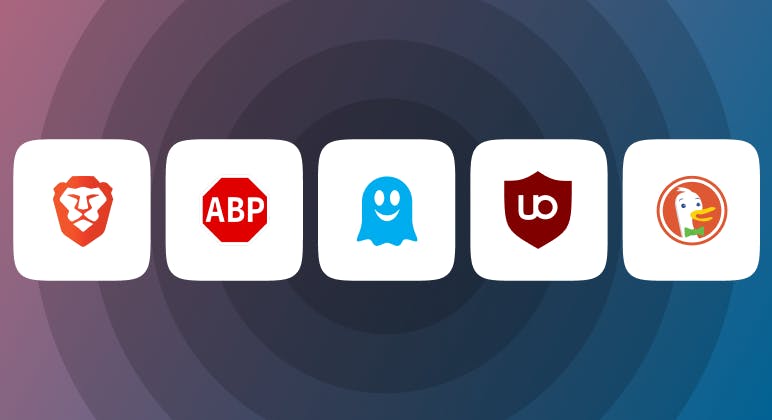WhoTracks.Me
What Are Trackers?
Key Points:
- Trackers are companies that collect information about users as they browse the web, using scripts or pixels inserted by publishers or advertisers.
- Tracker profiling is the process of linking data from different sites to build user profiles based on browsing history, and selling them to third parties for targeted advertising.
- Privacy tools like Ghostery help users identify and block trackers, and protect their online privacy.
What Is a Tracker?
A tracker is a company which collects information about you as you browse the web. Internet tracking scripts and tracking pixels are inserted into the websites you visit by publishers or advertising networks, usually in exchange for some service that the tracking company provides.
Suggested reading: If you want to find out more about internet trackers, check out our blog What is tracking and how can I browse safely?
What Is Tracker Profiling?
Trackers use identifier tools to link information about you from different sites. This data is used to build up a user profile, based on your browsing history.
Tracker profiling places users in groups and sells data to third parties so they can target certain users online.
We define a tracker as a third-party domain which is:
- present on multiple (> 10) different websites with a significant combined traffic
- uses cookies or fingerprinting methods in order to transmit user identifiers
Why Do Trackers Exist?
The majority of the companies behind trackers offer services to website publishers. The publishers will put scripts or tracking pixels for these services onto their sites.
Web tracking technologies are often used by websites for analytics and advertising purposes.
Website administrators may use analytics to better understand how visitors interact with their sites. This can help them improve page design and navigation.
Targeted ads also rely on tracking tools to follow browsing behavior. The goal is to serve relevant promotions based on products that visitors have shown interest in across multiple sites.
While tracking can have benefits for companies, it also raises internet privacy concerns, including user profiling. Users are not always informed about what data is collected, who has access to it, how it will be retained or how user profiling is. Those details are usually found in lengthy privacy policies that people seldom read.
This includes search engines. You can use a private search engine to help retain your data.
More transparency and user control over online data would help balance the interests of businesses and website visitors.
What Are Trackers Used For?
There are many different use-cases for these services, such as:
- Analytics: Used to measure how many people are visiting the site, where from, etc. e.g. Google Analytics.
- Advertising: Provides advertising on sites in order to monetize visits. e.g. DoubleClick and Outbrain.
- Conversion tracking: Advertising trackers can also appear on sites without ads. This is usually to measure conversions or to improve the targeting of the publisher’s ads elsewhere on the web.
- Social Media: Integration with social networks. e.g. Facebook like button.
- Content Delivery Networks (CDN): Networks which provide high bandwidth content like videos and images. e.g. Youtube and Cloudflare.
- Comments: Embedded comment systems allow users to comment on articles. e.g. Disqus.
- Customer interaction: Live chat and support widgets. e.g. LivePerson.
Many of these use cases do not require tracking. However, they may track your behavior by accident because the implementation is easier, or on purpose because the data generated can be used to increase revenue.
What’s The Problem With Tracking?
Web trackers use user identifiers to group data received from each unique user, and browsers send the URL of the first-party page to third-party resources in the page as standard.
This means trackers are effectively able to collect a subset of users' browsing history. Even if this history is linked to an 'anonymous' identifier, any browsing history of reasonable length can be de-anonymised to find the user behind it.
Creating greater transparency around internet tracking
In the majority of cases, trackers are invisible on the pages they appear. This means there is little or no transparency about who is logging activity on a site, or how to block targeted advertising, hence the need for privacy tools such as Ghostery to call them out.

